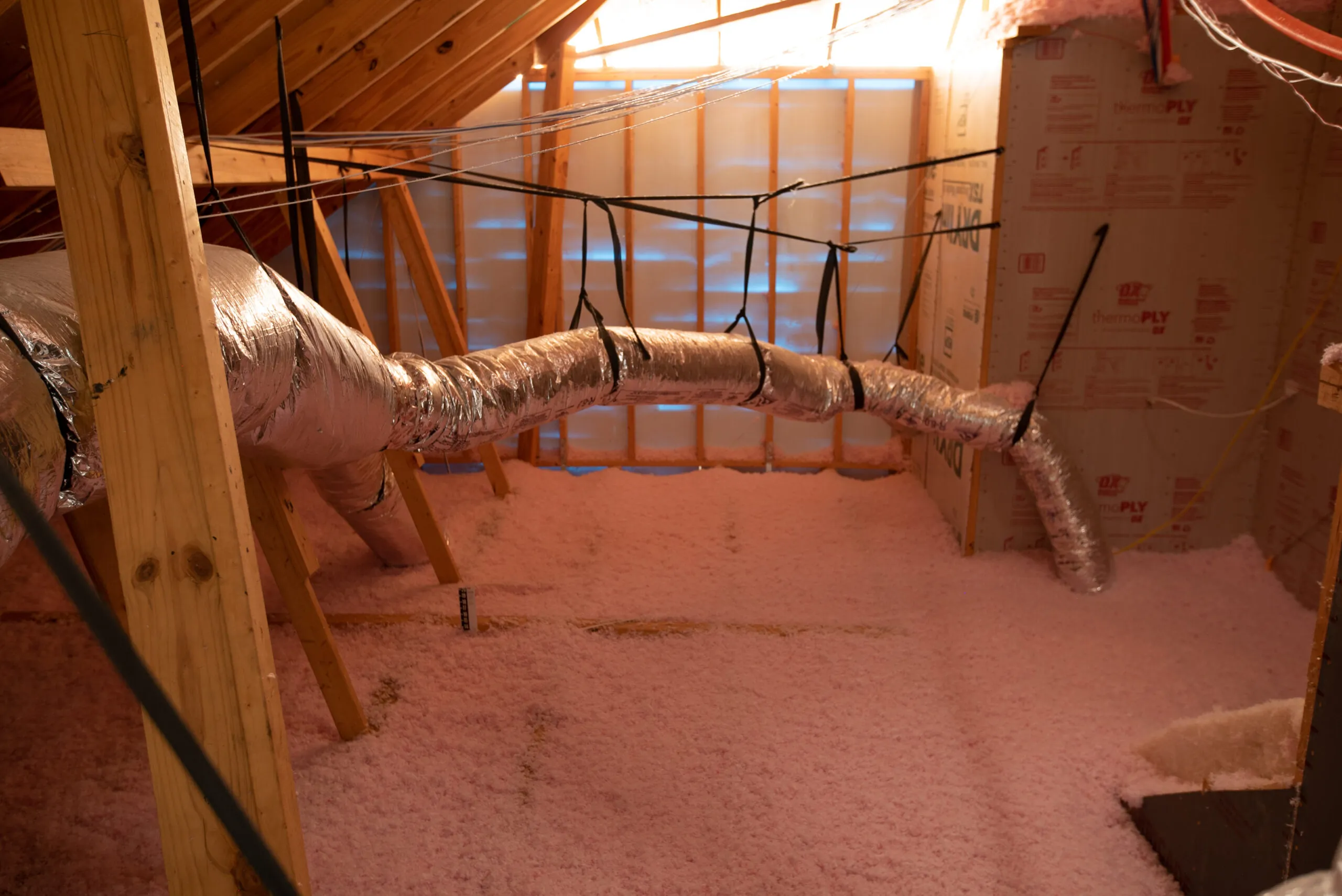Unveiling the Truth: Is Tin Foil Truly a Remarkable Insulator?

When it comes to insulating materials, tin foil often sparks curiosity. With its shiny surface and malleable nature, many wonder if it can effectively keep heat in or out. In this blog post, we will delve into the properties of tin foil as an insulator, exploring its effectiveness, applications, and potential limitations. Join us on this journey as we uncover the truth behind tin foil's insulation capabilities.
- Understanding Insulation:
Before we dive into the specifics of tin foil as an insulator, let's first establish a clear understanding of what insulation entails. Insulation refers to the process of reducing heat transfer between objects or areas with different temperatures. Effective insulation materials possess properties that impede the flow of heat, such as low thermal conductivity. - The Science Behind Tin Foil:
Tin foil, also known as aluminum foil, is a thin sheet made from aluminum. Its unique properties make it a versatile material in various applications, including cooking, packaging, and yes, insulation. Aluminum is an excellent conductor of heat, but when it is transformed into foil, its ability to conduct heat decreases significantly. - Thermal Reflectivity:
One of the key factors that contribute to tin foil's insulation capabilities is its high thermal reflectivity. When exposed to heat, tin foil reflects a significant portion of the radiant heat back towards its source. This property makes it an effective barrier against heat transfer, whether it's keeping heat in or out. - Applications of Tin Foil as an Insulator:
Tin foil finds its place in several insulation applications. In construction, it can be used to insulate windows, doors, and walls, reflecting heat back into the room during winter or preventing heat from entering during summer. Additionally, tin foil can be utilized in the automotive industry to insulate engine components, reducing heat transfer and improving overall efficiency. - Limitations and Considerations:
While tin foil possesses remarkable insulation properties, it is essential to consider its limitations. Tin foil is primarily effective in reflecting radiant heat but may not be as efficient in preventing conductive or convective heat transfer. Additionally, its thin nature may limit its insulation capabilities in extreme temperature conditions.
Conclusion:
In conclusion, tin foil, or aluminum foil, can indeed be considered a good insulator due to its high thermal reflectivity. Its ability to reflect radiant heat makes it a valuable material in various insulation applications. However, it is crucial to understand its limitations and consider other factors when choosing insulation materials for specific purposes. So, the next time you reach for tin foil, remember its hidden potential as an insulator.